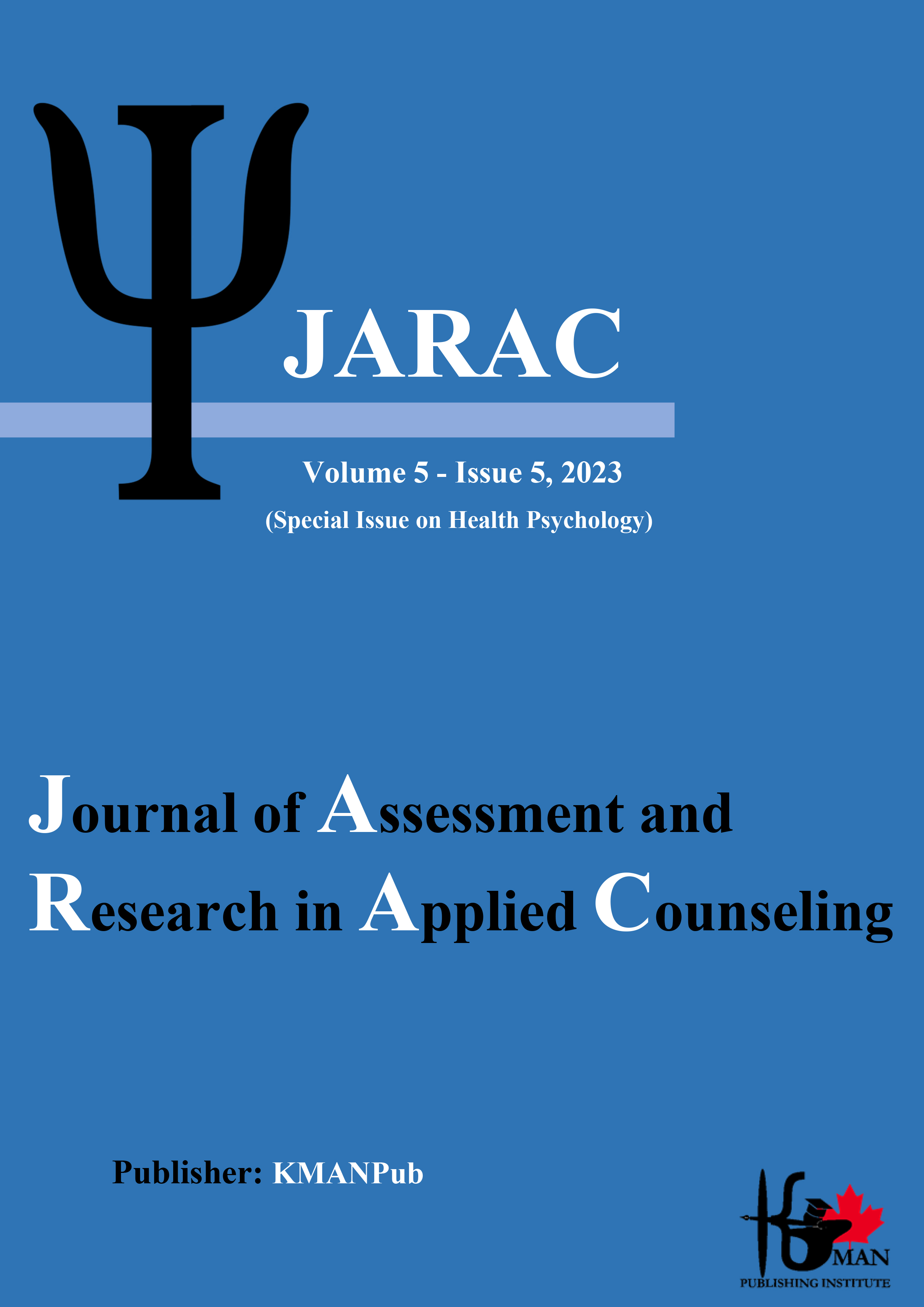Comparing the Effectiveness of Compassion-Based Therapy with Cognitive-Behavioral Therapy on Social Well-Being and Hope for Life in Cancer Patients
Abstract
Objective: The diagnosis of cancer and subsequent treatments cause psychological problems for many patients. The current research aimed to compare the effectiveness of compassion-based therapy with cognitive-behavioral therapy on the social well-being and hope for life of cancer patients.
Research Method: The research method was a quasi-experimental design with pre-test, post-test, a control group, and two experimental groups. The research population consisted of all cancer patients hospitalized in Imam Reza and Omid hospitals in Mashhad in the spring of 2021, from which 45 individuals were purposively selected and qualified to enter the study and were age-matched in two experimental and control groups. In this study, the Keyes' Social Well-being (1998) and Snyder's Hope Scale (2000) questionnaires were used. Data were analyzed using multivariate analysis of variance and follow-up tests with the multivariate covariance method by SPSS-23 software.
Findings: The results showed that in the post-test and follow-up, the average scores of social well-being (F = 2.89, P = 0.003) and hope for life (F = 7.13, P = 0.001) significantly increased in the experimental groups compared to the control. No significant difference was observed between compassion therapy and cognitive-behavioral therapy.
Conclusion: It seems that both compassion-based therapy and cognitive-behavioral therapy are effective in reducing psychological problems in cancer patients.
Downloads
Downloads
Additional Files
Published
Issue
Section
License
Copyright (c) 2024 Ensiyeh Sharifpour, Hossein Akbari Amarghan, Hamid Nejat, Anis Iranmanesh (Author)

This work is licensed under a Creative Commons Attribution-NonCommercial 4.0 International License.















